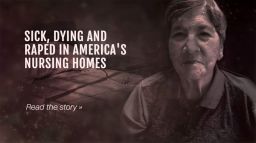Despite growing awareness of sexual assault, an alarming number of rapes go unpunished. Chris Cuomo hears the firsthand accounts of rape survivors and examines what hurdles they face to get to justice on HLN’s “Inside Evil” this Sunday at 8 p.m. ET.
At first, no one believed them when they said the charming, well-liked aide in the nursing home where they lived had raped them.
Claims like theirs are often dismissed as drug-induced hallucinations, signs of dementia or attempts by lonely residents to get attention. And even when the cases of nursing home residents get to court, they can fall apart when victims’ memories prove unreliable – or they are no longer alive to testify.
This time was different.
The two women made their way to the courthouse in Waynesville, North Carolina, last week to testify against the man entrusted with their care.
One entered the courtroom in her wheelchair, two oxygen tanks behind her, and defiantly described the February night when 58-year-old Luis Gomez lifted up her nightgown. He had entered her room at the Brian Center, a nursing home in the center of town, when she was alone and asked if she needed to go the bathroom. She said she did, and climbed out of bed. As she entered the bathroom and faced the toilet, she heard the door close and lock. Then, she said, Gomez raped her.
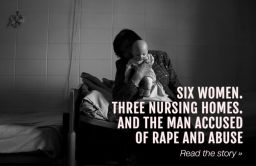
At first, no one acted on her accusation, and she feared Gomez might appear in her room again at any moment. But when a nurse insisted on notifying police – against the wishes of her boss – the call triggered an investigation. And women just down the hall from the resident came forward, with their own allegations against Gomez.
Now he has been sentenced to at least 23 years behind bars.
“What this man has done for a period of almost a decade is … prey on Alzheimer’s patients because they’re forgetful and they can’t remember and oftentimes they die,” the prosecutor told the judge during sentencing.
“In 2016, Your Honor, he made the grave mistake of hurting the wrong woman. She was brave enough to tell, and she wouldn’t be quiet until everybody listened. And because of her, that’s the only reason that we are finally able to put him in prison.”
After a weeklong trial, Gomez was found guilty of raping both women who testified against him – convicted on six counts that included forcible rape with a physically helpless victim. He still maintains his innocence, and is appealing the verdict.
At his sentencing, the prosecutor said the two women who testified against him were not his only victims.
Six others have accused him, she said. At three different facilities in the area. Some were in their 50s and 60s. At least one was nearly 90.
None were believed, until the woman who was raped in her nightgown came forward. Gomez’s attorney told jurors they shouldn’t believe her either.
“He told me I’m untruthful, and I said, no I am not,” the victim, now 55, said of the lawyer’s questioning. “He made me feel like I was a worm crawling on the ground.” CNN does not typically identify victims of sexual abuse.
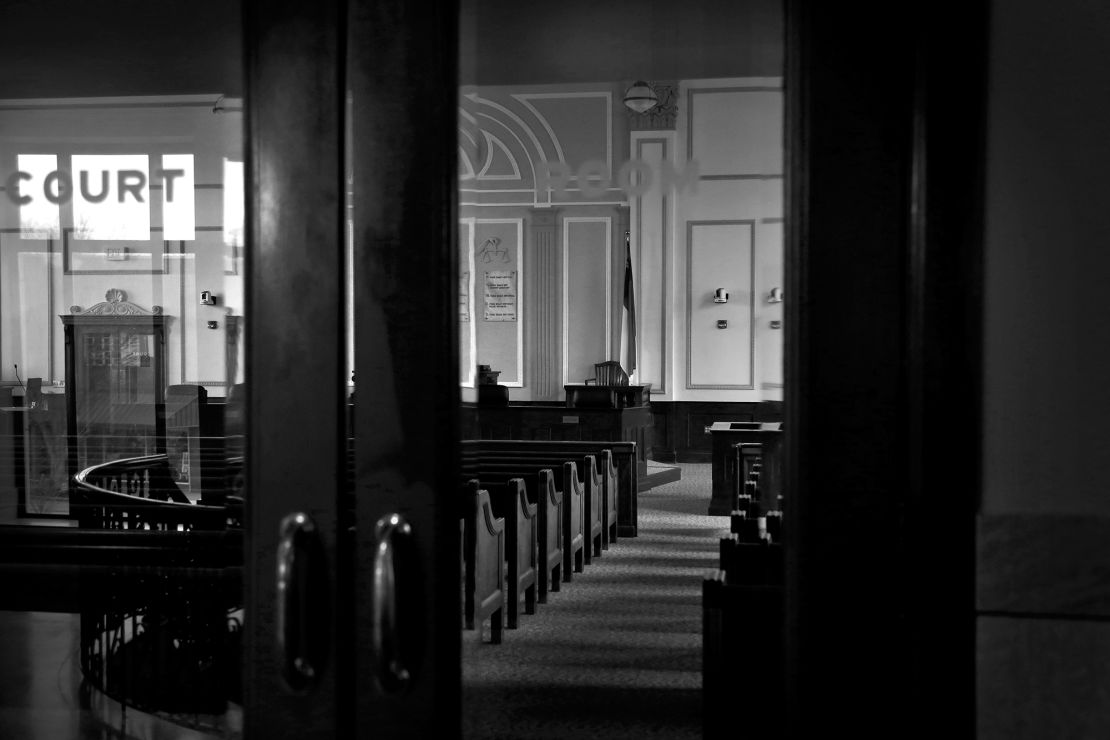
Gomez’s attorney, Joel Schechet, told the court that his client is a “good man” who came to America after almost dying from an assault in Guatemala. “To this day, I would contend he never committed an act that was inappropriate to any of these people making these allegations,” he said, adding that had the jury found him innocent,Gomez was prepared to leave the country and return home.
The Brian Center paid a six-figure fine after regulators found it had failed to protect residents from sexual abuse. A spokesperson for its parent company said it was pleased the case was over and that it had been unaware of the multiple allegations against Gomez until the police investigation began.
Months before the trial, a CNN investigation into sexual abuse at nursing homes had discovered many of these same accusations against Gomez at three different nursing facilities in Haywood County. At least some had been reported to the state.
But because investigators were unable to substantiate any of the complaints, Gomez’s record remained clean and he continued work as a nursing aide.
Asked whether the Gomez case would spur change, such as a way to track a pattern of unsubstantiated complaints against nursing home employees, the North Carolina Department of Health and Human Services has said the agency is simply following federal and state laws.
They refused to comment on just how many times Gomez was investigated in the past. But in court, the prosecutor ticked off each accusation, one by one:

In 2011, years before Gomez worked at the Brian Center, a woman with severe Alzheimer’s said he had touched her inappropriately while cleaning her up at another nursing home in town, prompting a law enforcement investigation. At first, she insisted it had happened. But then she said, “Well, maybe I’m confused.”
Two years later, a resident at yet another nursing home screamed when she awoke to Gomez touching her. She was living in the Alzheimer’s wing, even though she didn’t suffer from the condition.
The following year, an Alzheimer’s patient at the same facility reported that he had pressed her “down there.” But she said she was “afraid” and didn’t want to get him in trouble. She has since passed away.
After that, the accusations started piling up at the Brian Center.
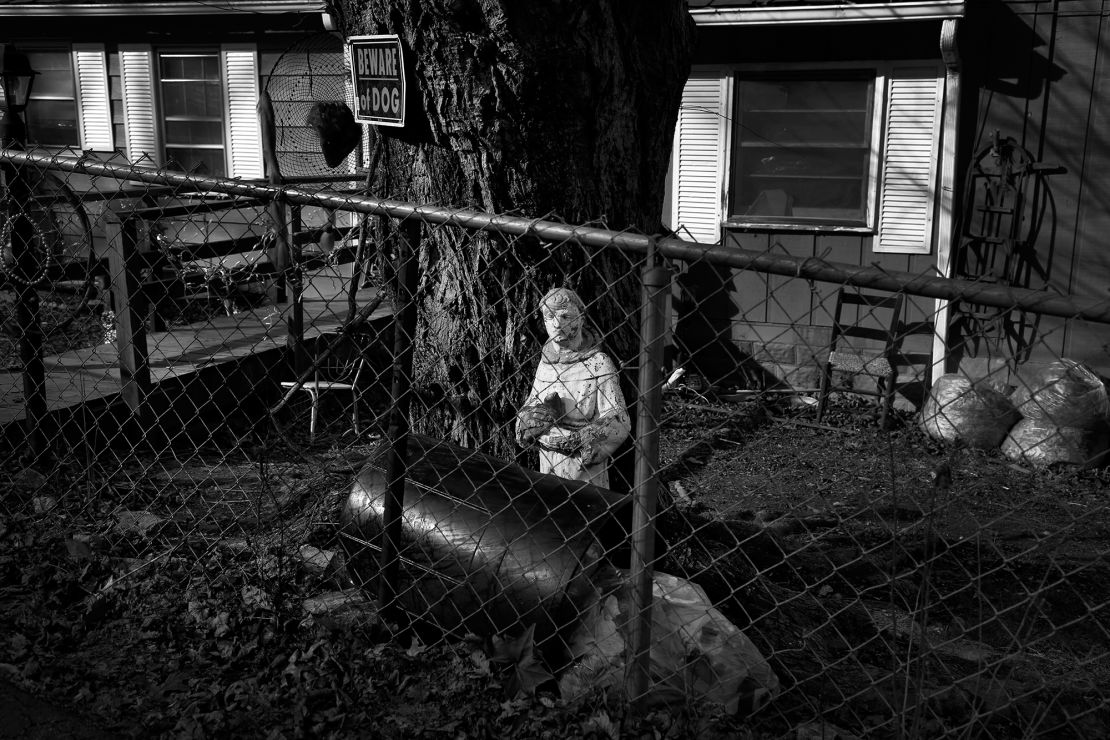
In 2015, a resident said Gomez touched her breasts and told her he wanted to marry her. Another woman, who’d suffered a stroke, told staff that Gomez molested her. She was promptly committed to the psychiatric unit of the local hospital. Within months, a different woman insisted Gomez had touched her while changing her diaper, but said that no one believed her. And yet another said she had silently endured weeks of sexual abuse that left her terrified.
The woman who said he raped her in the bathroom was his eighth accuser.
Before the judge sentenced Gomez, the victim asked to have a word with him. The sheriff wheeled her up to face him. Then she spoke.
“The Lord loves you,” she told her attacker. “Even though what you did is wrong, the Good Book says that I must love you, even though you did me wrong; and I do. I love you, and I pray that the others learn to forgive you and love you as I have. May you go in peace.”
Gomez sat silently and cried, she said.
She returned to the Brian Center, where she says memories of her abuse still haunt her. The day of the verdict, she said, was the best day of her life.
She was finally believed.
“It felt like a ton of bricks were off my shoulders,” said the woman, who suffers from chronic obstructive pulmonary disease and congestive heart failure. “I wanted to scream in the courtroom, ‘Yeehaw!’”
News of the verdict quickly made its way around town, reaching another woman who had accused Gomez of sexual abuse – the stroke victim who had been sent to the psych ward.
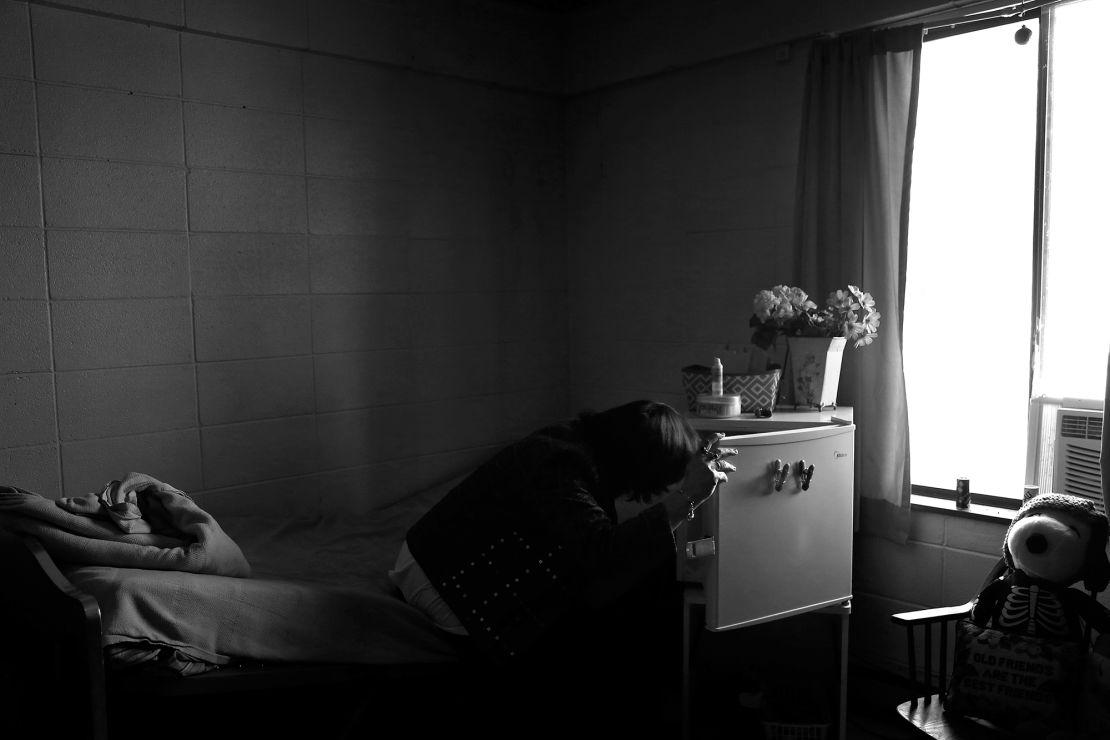
“I was glad that people did believe it, and something was done about it,” she said, speaking on the phone from the facility where she lives now, many miles from the Brian Center. But she wasn’t satisfied with the outcome. “What he did was a lot worse than what he’s paying for.”
The nurse who supervised Gomez and defied her boss by triggering the police investigation said she, too, was also glad the victims were believed. Even if her life has been upended.
She said she suffered panic attacks for months leading up to the trial. She was fired from the Brian Center days after notifying police, and she said she plans to sue the facility to make a statement: that nurses will not be forced to act unethically.
“I couldn’t live with myself if I did not make the call,” said 36-year-old Krista Shalda. “I could not go to bed at night if I knew I was the reason someone was getting sexually assaulted.”
She doubts she will ever work in a nursing home again. Facilities are reluctant to hire a whistleblower, she said. She also knows that she wouldn’t be able to stop herself from worrying about what could be happening behind closed doors.
